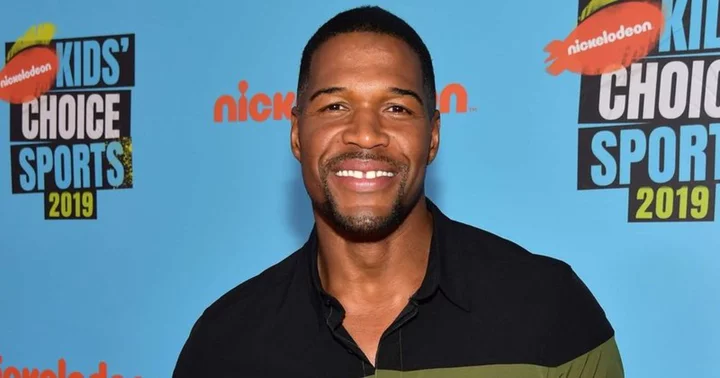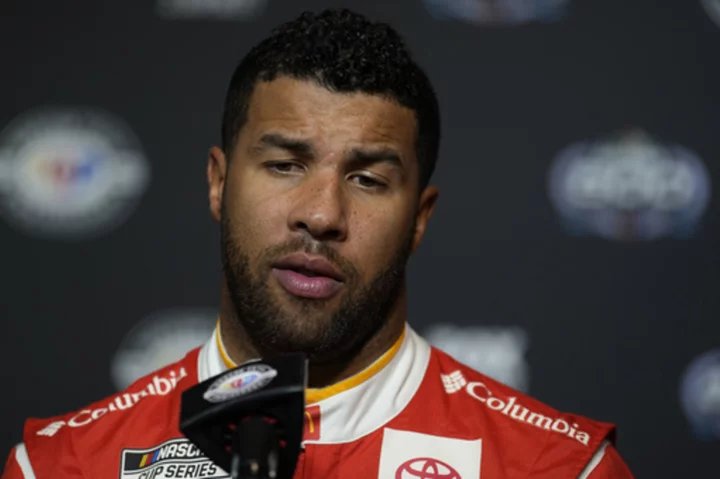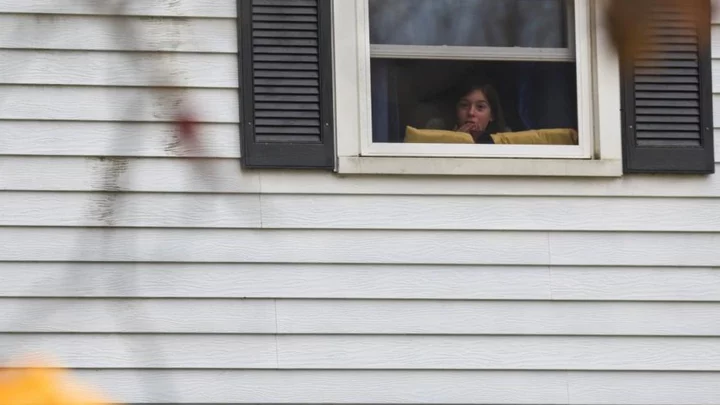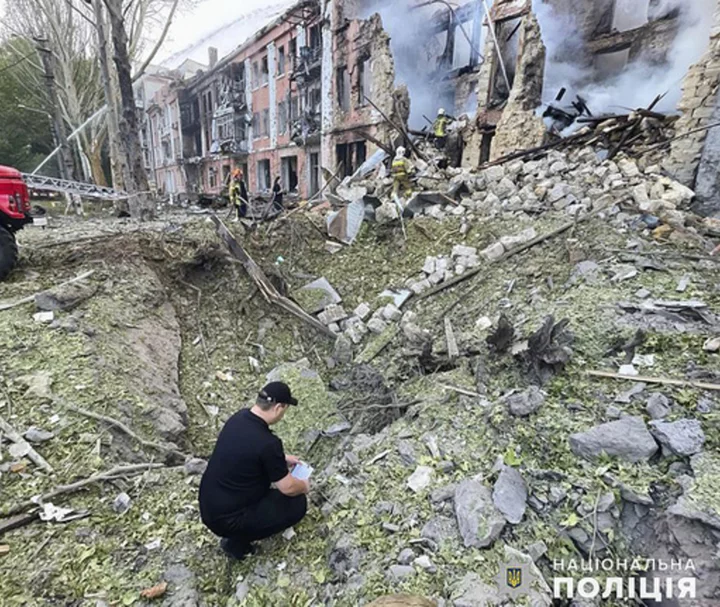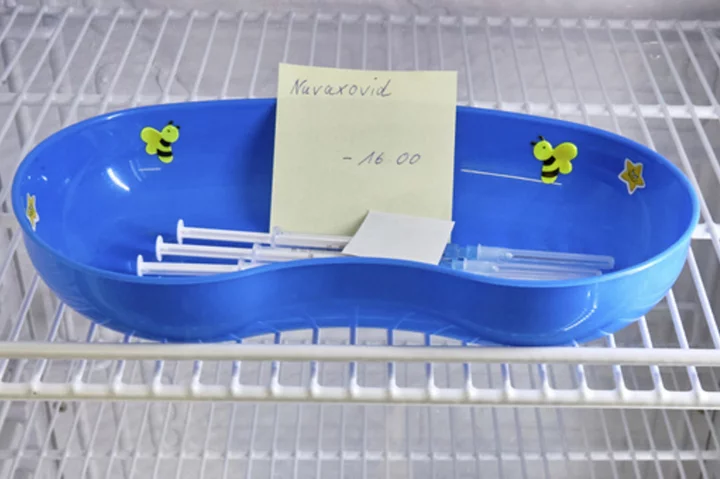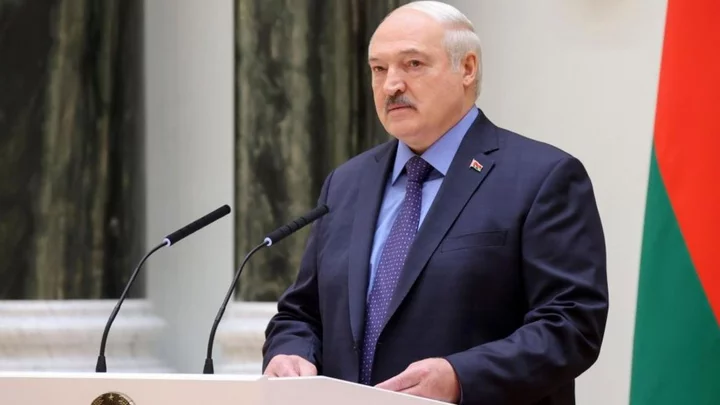If we learned one thing from Thursday's press conference by Belarusian President Alexander Lukashenko, it's that Wagner chief Yevgeny Prigozhin, who has not been seen in public since June 24, appears to be in a decidedly perilous limbo.
Lukashenko put a gulf of distance between himself and Prigozhin the Wagner boss when he said that neither Prigozhin nor his mercenaries were in Belarus, and it was unclear if they would ever move here.
"He is in St Petersburg. Or maybe this morning he would travel to Moscow or elsewhere," Lukashenko said in response to a question from CNN. "But he is not on the territory of Belarus now."
When Lukashenko was said to have brokered a deal to end Prigozhin's would-be insurrection in Russia last month, Kremlin spokesperson Dmitry Peskov said that the agreement came about because Prigozhin and Lukashenko had known each other "personally for a long time, for about 20 years."
But on Thursday, Lukashenko said that it was Putin who was Prigozhin's longtime friend, who knew him "much better than I do and knows him longer than I do, about 30 years."
Neither leader seems too keen on being Prigozhin's best friend now.
One of the final straws for Prigozhin's longstanding tensions with the Russian Defense Ministry was the insistence that Wagner mercenaries sign contracts with the Russian government; Prigozhin refused.
But on Thursday, Lukashenko insisted that were Wagner to come to Belarus, its mercenaries would have to sign documents with Belarus' government.
"When they decide to be located in Belarus, we will draft up a contract with them," he said.
Just as we were learning that Prigozhin was in Russia, not Belarus, Russian state media released images from a reported police raid on Prigozhin's office and residence in St. Petersburg. The footage — described by presenters as "scandalous" — shows what is described as a stash of gold, money and wigs, along with weapons and several passports apparently belonging to Prigozhin under different aliases.
Lukashenko, whose fealty to Russian President Vladimir Putin has led many to characterize his as nothing more than a vassal state, doubled down on his friendship with Putin.
Even if there are at times tensions, he said, "we have channels of communication and in just minutes have a conversation and in hours meet face to face. We are in the same boat. If we pick a fight and make a hole in this boat, we will both drown."
Indeed, he said, when it comes to the Russian nuclear weapons that are newly stationed in Belarus, the two countries are joined at the hip.
"It is intended solely for defensive purposes," he said. Were Russia to use nuclear weapons, "I am sure that it would consult with its closest ally."



